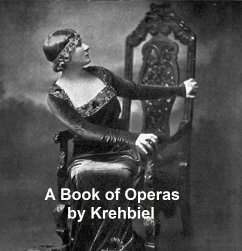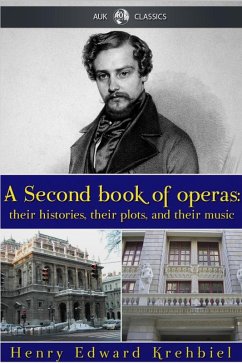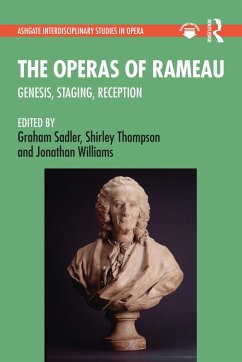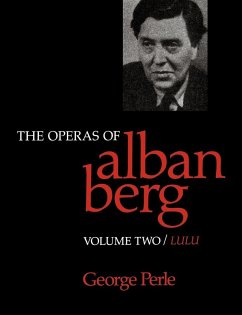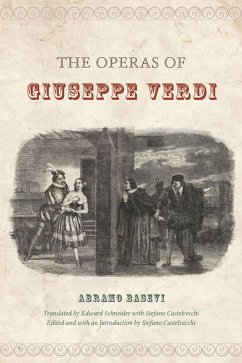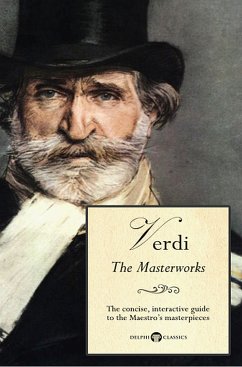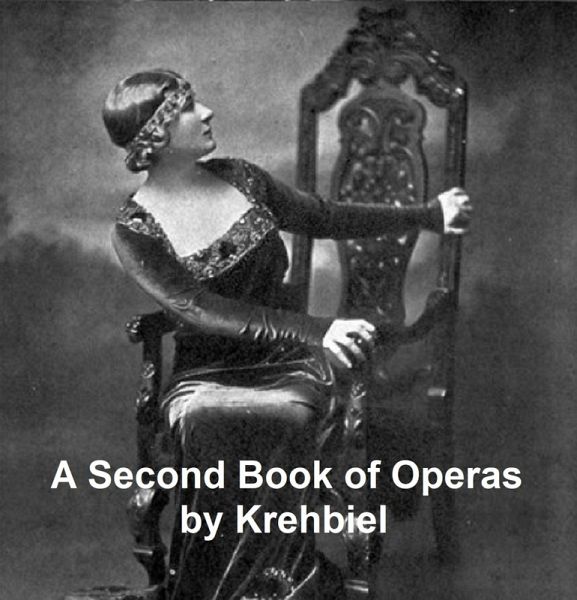
A Second Book of Operas (eBook, ePUB)

PAYBACK Punkte
0 °P sammeln!
"Whether or not the English owe a grudge to their Lord Chamberlain for depriving them of the pleasure of seeing operas based on Biblical stories I do not know. If they do, the grudge cannot be a deep one, for it is a long time since Biblical operas were in vogue, and in the case of the very few survivals it has been easy to solve the difficulty and salve the conscience of the public censor by the simple device of changing the names of the characters and the scene of action if the works are to be presented on the stage, or omitting scenery, costumes and action and performing them as oratorios. ...
"Whether or not the English owe a grudge to their Lord Chamberlain for depriving them of the pleasure of seeing operas based on Biblical stories I do not know. If they do, the grudge cannot be a deep one, for it is a long time since Biblical operas were in vogue, and in the case of the very few survivals it has been easy to solve the difficulty and salve the conscience of the public censor by the simple device of changing the names of the characters and the scene of action if the works are to be presented on the stage, or omitting scenery, costumes and action and performing them as oratorios. In either case, whenever this has been done, however, it has been the habit of critics to make merry at the expense of my Lord Chamberlain and the puritanicalness of the popular spirit of which he is supposed to be the official embodiment, and to discourse lugubriously and mayhap profoundly on the perversion of composers' purposes and the loss of things essential to the lyric drama.
Dieser Download kann aus rechtlichen Gründen nur mit Rechnungsadresse in A, B, BG, CY, CZ, D, DK, EW, E, FIN, F, GR, H, IRL, I, LT, L, LR, M, NL, PL, P, R, S, SLO, SK ausgeliefert werden.




